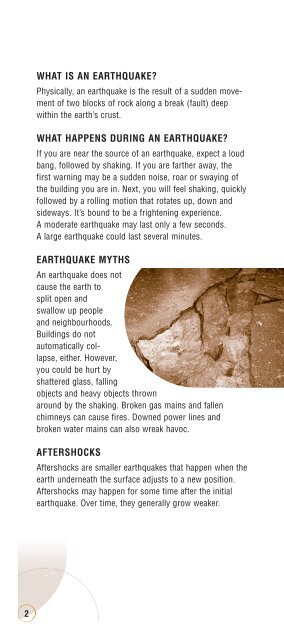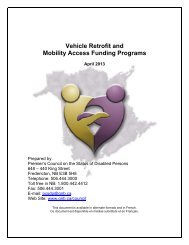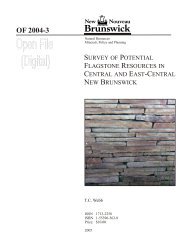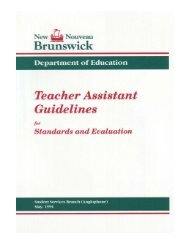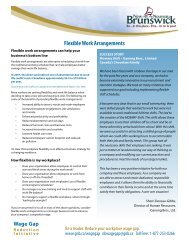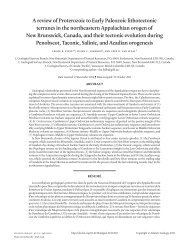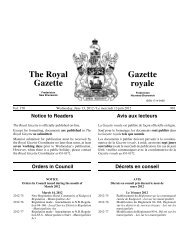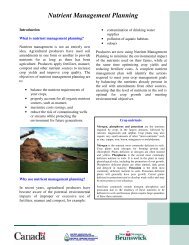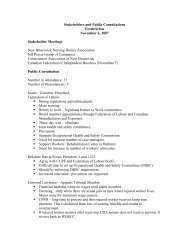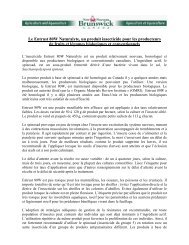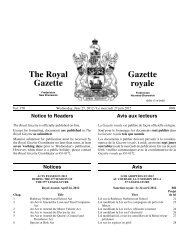Prepare to survive a major Earthquake
Prepare to survive a major Earthquake
Prepare to survive a major Earthquake
You also want an ePaper? Increase the reach of your titles
YUMPU automatically turns print PDFs into web optimized ePapers that Google loves.
WHAT IS AN EARTHQUAKE?<br />
Physically, an earthquake is the result of a sudden movement<br />
of two blocks of rock along a break (fault) deep<br />
within the earth’s crust.<br />
WHAT HAPPENS DURING AN EARTHQUAKE?<br />
If you are near the source of an earthquake, expect a loud<br />
bang, followed by shaking. If you are farther away, the<br />
first warning may be a sudden noise, roar or swaying of<br />
the building you are in. Next, you will feel shaking, quickly<br />
followed by a rolling motion that rotates up, down and<br />
sideways. It’s bound <strong>to</strong> be a frightening experience.<br />
A moderate earthquake may last only a few seconds.<br />
A large earthquake could last several minutes.<br />
EARTHQUAKE MYTHS<br />
An earthquake does not<br />
cause the earth <strong>to</strong><br />
split open and<br />
swallow up people<br />
and neighbourhoods.<br />
Buildings do not<br />
au<strong>to</strong>matically collapse,<br />
either. However,<br />
you could be hurt by<br />
shattered glass, falling<br />
objects and heavy objects thrown<br />
around by the shaking. Broken gas mains and fallen<br />
chimneys can cause fires. Downed power lines and<br />
broken water mains can also wreak havoc.<br />
AFTERSHOCKS<br />
Aftershocks are smaller earthquakes that happen when the<br />
earth underneath the surface adjusts <strong>to</strong> a new position.<br />
Aftershocks may happen for some time after the initial<br />
earthquake. Over time, they generally grow weaker.<br />
2


